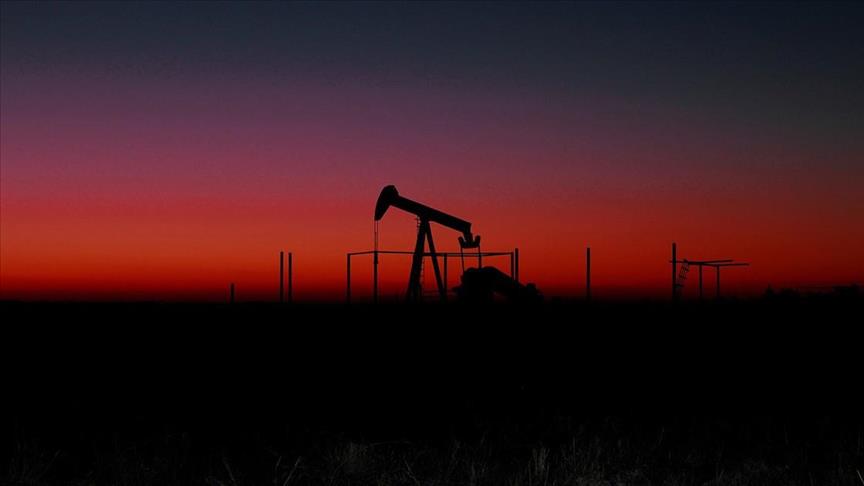

By Anadolu Agency
Brent crude prices experienced an increase during the second week of December, driven by positive economic signals from the world’s largest economies, the US and China, as well as growing geopolitical tensions.
The International benchmark Brent crude traded at $73.52 per barrel at 4.09 p.m. local time (1309 GMT) on Friday, rose by around 3.7% relative to the closing price of $70.88 a barrel last week.
West Texas Intermediate (WTI), the American benchmark, traded at $69.94 a barrel at the same time on Friday, an increase of about 4.4% from last Friday’s session, which closed at $66.96 per barrel.
Oil prices rose following analyst comments that the recent uptick in inflation data from the US was not sufficiently high to prevent the Federal Reserve from implementing a third interest rate cut next week.
The probability of a 25 basis point rate cut next week remains strong, with market pricing reflecting a 96% likelihood.
Meanwhile, concerns over the economic impact of potential tariffs proposed by US President Donald Trump have eased following Chinese President Xi Jinping’s statements signaling a desire to expand cooperation with the US.
Xi remarked, ‘Tariff wars, trade wars, and technology wars go against historical trends and economic laws, and there will be no winners.’
This, coupled with expectations for an upcoming stimulus package in China—the world’s largest oil importer—has bolstered market sentiment, with prospects of increased oil demand in the coming months.
Geopolitical risks continue to be a factor in price movements, particularly with Israel’s heightened military actions in Syria. The situation has heightened supply concerns, as Israeli forces maintain a presence in strategic areas.
Israeli Defense Minister Israel Katz instructed the Israeli army on Friday to remain stationed in the buffer zone on the Syrian side of Mount Hermon during the winter months following its occupation of the area on Dec. 8, the day anti-regime forces marched into Damascus, forcing Bashar al-Assad to flee to Russia.
‘Due to what is happening in Syria, there is a huge security importance to our holding of the Hermon peak,’ Katz said in a statement.
Israel captured the buffer zone after anti-regime forces seized Damascus on Dec. 8, sending Bashar al-Assad, Syria’s leader for nearly 25 years, fleeing to Russia after a 13-year civil war and 53 years of his family rule.
We use cookies on our website to give you a better experience, improve performance, and for analytics. For more information, please see our Cookie Policy By clicking “Accept” you agree to our use of cookies.
Read More